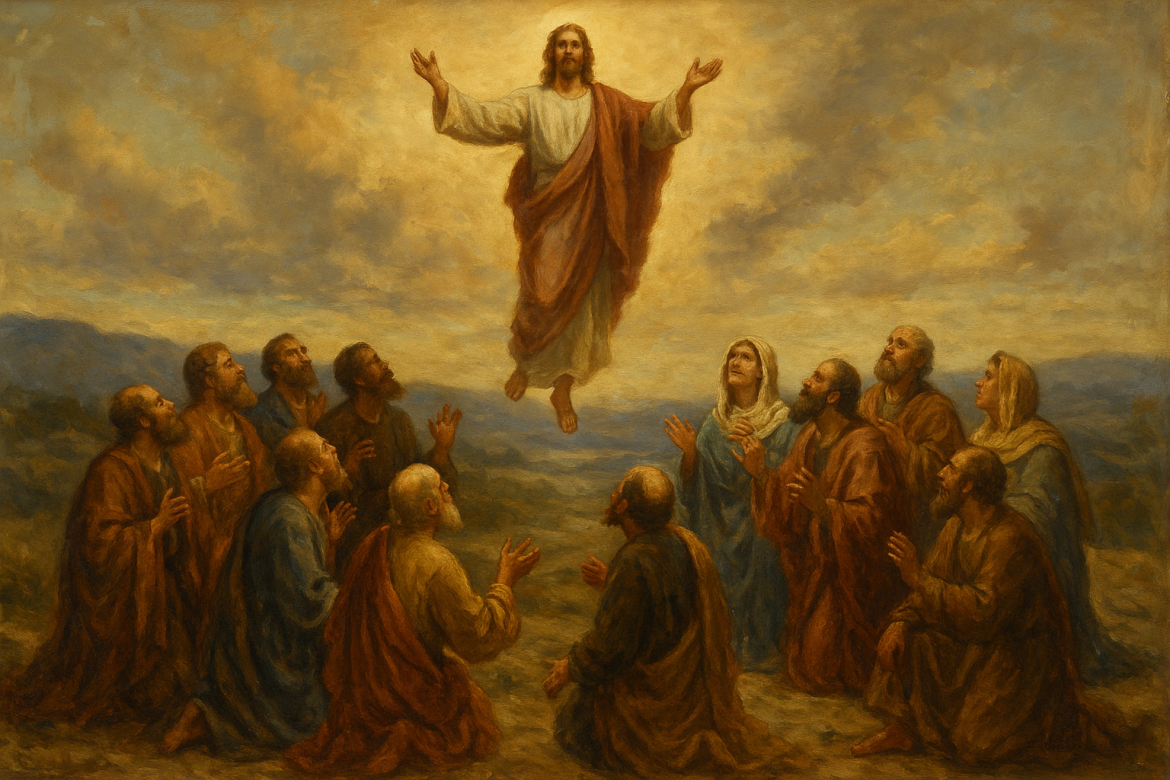The Book of Acts, often referred to as the Acts of the Apostles, serves as a continuation of the Gospel of Luke, written by the same author. This significant biblical text chronicles the early days of the Christian church, from the ascension of Jesus to the spread of Christianity throughout the Roman Empire.
A Seamless Transition from Luke to Acts
Acts begins right where the Gospel of Luke leaves off. Addressed to Theophilus, a figure whose identity is debated but generally believed to be a new Christian or a symbolic “lover of God,” the book aims to provide a detailed and orderly account of the early church. Luke, described as a physician and a companion of Paul, is believed to have written both texts, utilizing his keen observational skills and command of Greek to communicate effectively with diverse audiences.
The Ascension and the Promise of the Holy Spirit
The first chapter of Acts recounts Jesus’ ascension into heaven. After his resurrection, Jesus appears to his disciples over forty days, speaking about the kingdom of God and instructing them to stay in Jerusalem to await the Holy Spirit. This promise marks a pivotal moment, emphasizing the transition from Jesus’ earthly ministry to the disciples’ mission empowered by the Holy Spirit.
The Formation of the Early Church
The disciples, including Peter, John, James, and others, along with Mary, the mother of Jesus, and his brothers, gather in the upper room in Jerusalem. Here, they devote themselves to prayer and unity, setting a foundational example for the early Christian community. This period of waiting and prayer signifies a time of preparation and anticipation for the coming empowerment.
Replacing Judas and Restoring the Twelve
Peter takes the lead in addressing the need to replace Judas Iscariot, the disciple who betrayed Jesus. The apostles cast lots, and Matthias is chosen to join the Eleven, restoring their number to twelve. This act symbolizes the church’s commitment to completeness and continuity, even amidst betrayal and loss.
Witnesses to the Ends of the Earth
Jesus’ final instruction to his disciples is to be his witnesses “in Jerusalem, and in all Judea and Samaria, and to the ends of the earth.” This mandate outlines the geographic and cultural expansion of the early church, highlighting its mission to reach diverse populations with the message of Jesus.
Key Takeaways
- Historical Context: Acts was likely written around 62 AD, during Paul’s imprisonment in Rome. The narrative covers events from 30 AD to 62 AD.
- Everyone Is Included: The early church comprised both Jews and Gentiles, reflecting the inclusive nature of Christianity.
- Eyewitness Accounts: Luke’s meticulous documentation and reliance on eyewitness testimonies provide a reliable historical account.
- Empowerment by the Holy Spirit: The promise and arrival of the Holy Spirit are central to the disciples’ mission and the spread of Christianity.
In conclusion, the first chapter of Acts sets the stage for the remarkable growth of the early church. Through prayer, unity, and the guidance of the Holy Spirit, the disciples embark on a mission that transforms the world. This foundational text not only offers historical insights but also serves as a source of inspiration for modern believers.

